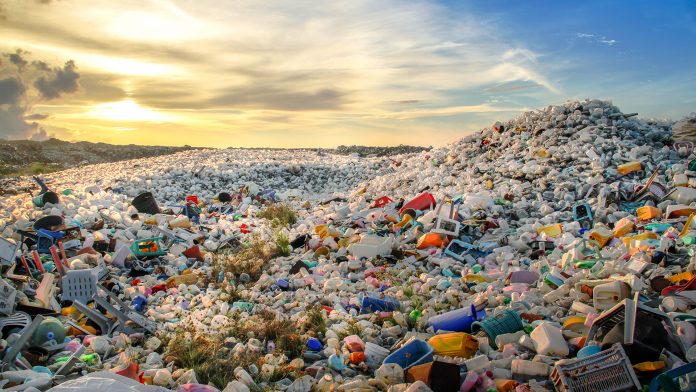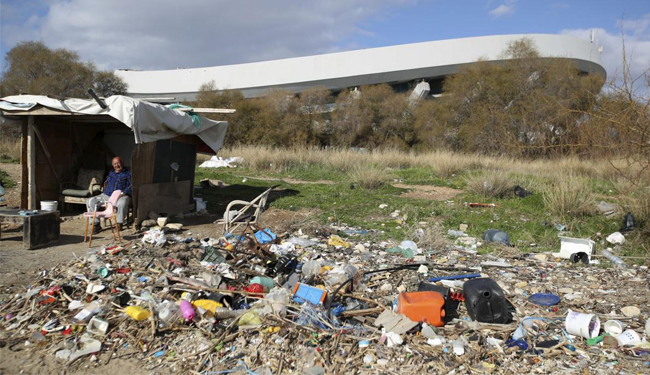The General Election is around the corner, and each party’s manifesto has its own take on sustainability – but plastic waste management does not seem to be at the forefront.
With only one party mentioning the term ‘recycling’ and the word ‘plastic’ being mentioned on only three occasions throughout all available manifestos, it’s clear that there is more work to be done to prioritise the plastic waste problem in government policy.
Therefore, the Plastics Network at the University of Birmingham has called for a radical rethinking of our relationship with plastics and plastics policy.
Addressing the plastic waste problem
As the world grapples with the net zero challenges, the plastic waste crisis has become a pivotal transitional issue.
Over ten billion tonnes of plastic have been produced worldwide, with nearly eight billion tonnes discarded so far.
Given the potential risks to human, animal, and environmental health, and the gaps in our understanding, it’s insufficient to merely manage plastic waste – we need to fundamentally rethink our relationship with it.
However, despite the escalating amounts of plastic waste and pollution, plastic remains a vital material in society due to its versatility, durability, lightness, and cost-effectiveness.
It’s crucial to recognise that sustainable plastics policies, rather than a complete shift away from plastics, are an essential part of the journey to net zero.
This is particularly true in the UK, where plastic consumption contributes to significant carbon dioxide emissions due to reliance on landfilling and incineration.
Researchers at the Plastics Network have brought together voices from across the plastics landscape to develop a set of informed, evidence-based policy recommendations.
These aim to foster a sustainable future for plastics in the UK, amplifying their positive contributions to our lives while minimising their negative impacts throughout their life cycle.
Further policy recommendations for a circular plastics economy
The Sustainable Plastics Policy Commission has put forth recommendations that include revaluing plastic ‘waste’ to support green growth and stimulate the development of next-generation plastics production and recycling technologies.
Baroness Molly Meacher, Chair of the Sustainable Plastics Policy Commission, commented: “A sustainable future for plastics is imperative for both our economy and the environment.”
The report also advocates for best practices in public sector procurement, including protocols on plastics life cycle assessments.
Furthermore, the Commission suggests establishing a national sustainable plastics innovation research centre to spur innovation and foster long-term, ambitious thinking.
The UK Government is in a unique position to establish such a centre, bringing together diverse stakeholders and pooling skills and investment to foster collaboration across academic disciplines and industries.
Source: innovationnewsnetwork.com







